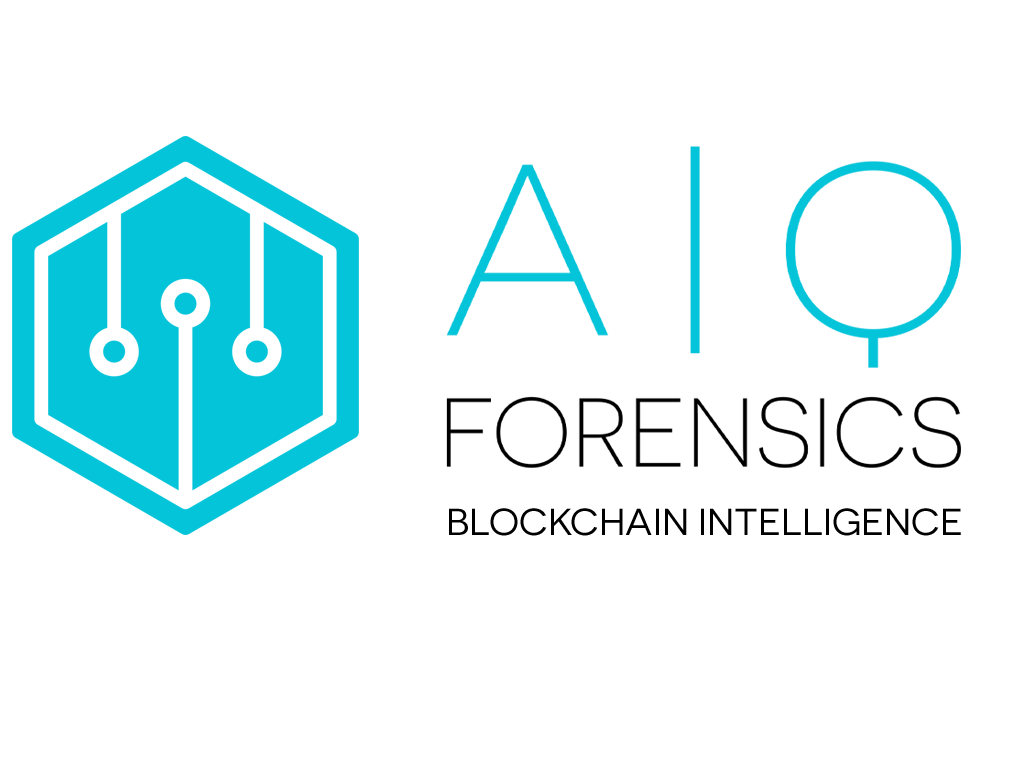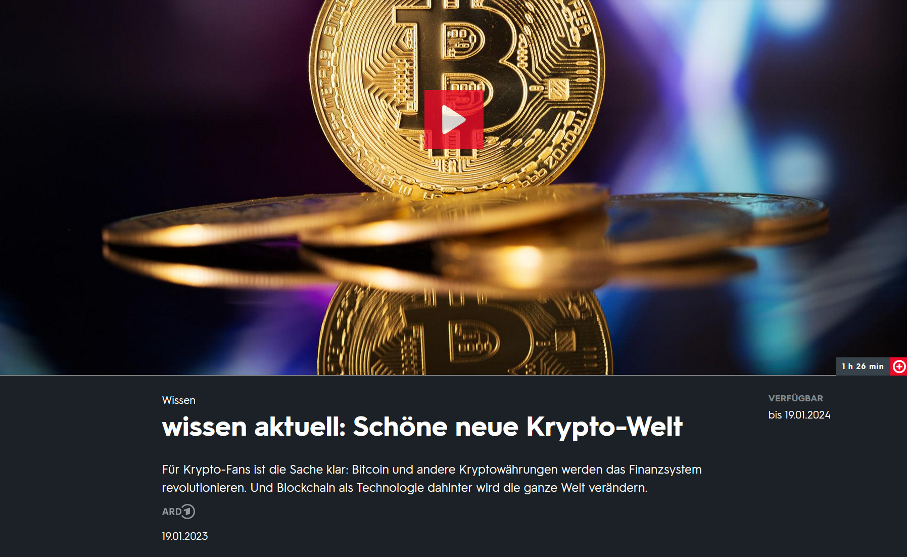Photo by 3sat
Approximately 300 million people worldwide now possess digital currencies. “wissen aktuell” delves into the hype surrounding cryptocurrencies and blockchain to answer the question: How can we use Bitcoin, NFTs, and more to make the world a better place?
Our money is being devalued by inflation, our trust is being abused by banks, and billions of people are excluded from the financial system. This is what crypto enthusiasts say, and they rely on digital currency, such as Bitcoin, the most well-known cryptocurrency. Decentralized, mobile, without bank fees. Could this be the solution for more than 50% of the people who do not live in democracies or the 1.7 billion people without bank accounts?
“wissen aktuell” accompanies Bitcoin activist Anita Posch to South Africa, where she helps create a Bitcoin infrastructure in one of the townships of Mossel Bay for surfers, kiosk operators, and other business owners. But does digital money truly make the world better? Being one’s own bank also means taking on significant responsibility. So far, cryptocurrencies have primarily been used as speculative assets, often involved in spectacular fraud cases and price crashes. There is no liability or deposit insurance, and safeguarding one’s digital wallet is complex.
Despite many open questions, the crypto space is growing. Can blockchain, as a massive “digital trust machine,” provide the operating system for a society in which we all interact more fairly? Or is its potential vastly overestimated?
A twelve-year-old student from London becomes a millionaire thanks to a collection of digital profile pictures sold as NFTs, unique assets anchored in the blockchain. Mega stars showcase their NFT collections. Matt Damon promotes crypto. Companies like the “Bored Ape Yacht Club,” selling comic images of apes, are suddenly worth billions. Although the major NFT hype may be behind us, the technology holds the core of a fairer world for crypto enthusiasts. For many digital artists, it offers the hope of making a living from their art.
Just like the Vienna crypto collective VRON. They may not have made millions yet, but they have created fantastic art like CryptoWiener. Pixelated depictions of Vienna’s prominent figures, “cool digital art.” How do they view the hype of recent years and what does it mean for digital artists like themselves? The invention of digital ownership rights creates entirely new opportunities in the art market, according to Berlin crypto gallerist Anna Graf. This includes the fractionalization of artworks, splitting them into partial ownership rights that can be sold. She sees this as a democratization of art access.
A similar idea is pursued by the company heartstocks, but they go much further: The three young entrepreneurs led by Till Rügge come from the finance sector and aim to establish the first proper exchange for tokenized assets. For example, they cooperate with one of the world’s largest collectors of Mercedes vintage cars, who is based in Oldenburg. Instead of launching unregulated test balloons, heartstocks intends to sell classically regulated, legal shares of luxury assets based on blockchain technology. Merging the old and new aims to instill trust in new technologies. The motto: Everything must be sellable. To what extent does this genuinely make the world better?
In April 2016, two brothers from Saxony launched the world’s first decentralized autonomous organization: DAO, a decentralized autonomous organization. The idea: What the fund does is anchored in smart contracts on the blockchain. Investors receive tokens used as tickets for participation in DAO governance. There are no bosses, no bureaucracy, only owners and code. DAO rapidly accumulated a fortune. However, when an unknown individual hijacked a good portion of the investments through a code vulnerability, it resulted in enormous damage to the overall crypto space. In fact, the technology raises numerous open legal questions regarding liability and risk distribution, as also acknowledged today by Christoph Jentzsch, one of the DAO founders.
Nevertheless, the dream of a decentralized organization for all aspects of life continues to captivate the crypto scene. Why not use governance tokens to make democracy more direct, conduct elections without election oversight, and store everything “on chain,” from passports to health data? In the Swiss canton of Zug, the city administration is attempting to completely transition to blockchain as a global model project. The entire canton is positioning itself as the “Crypto Valley.” More than 1,100 crypto companies are now located there, including the WEB3 Foundation, Polkadot, and Worldcoin.
Such ideas are the stuff of nightmares for critics. Not all social contexts can be encoded. Community is complex and requires trust and responsibility. Nonetheless, crypto enthusiasts champion the great disruption. But what would it ultimately mean if all state institutions were transferred to the community and everyone self-managed? Where does this seemingly limitless participation lead? Can individuals truly bear this responsibility? Or does this end up leading to the state’s self-destruction?
[Link to the source article: https://www.3sat.de/wissen/wissen-aktuell/wissen-aktuell-schoene-neue-krypto-welt-100.html]

